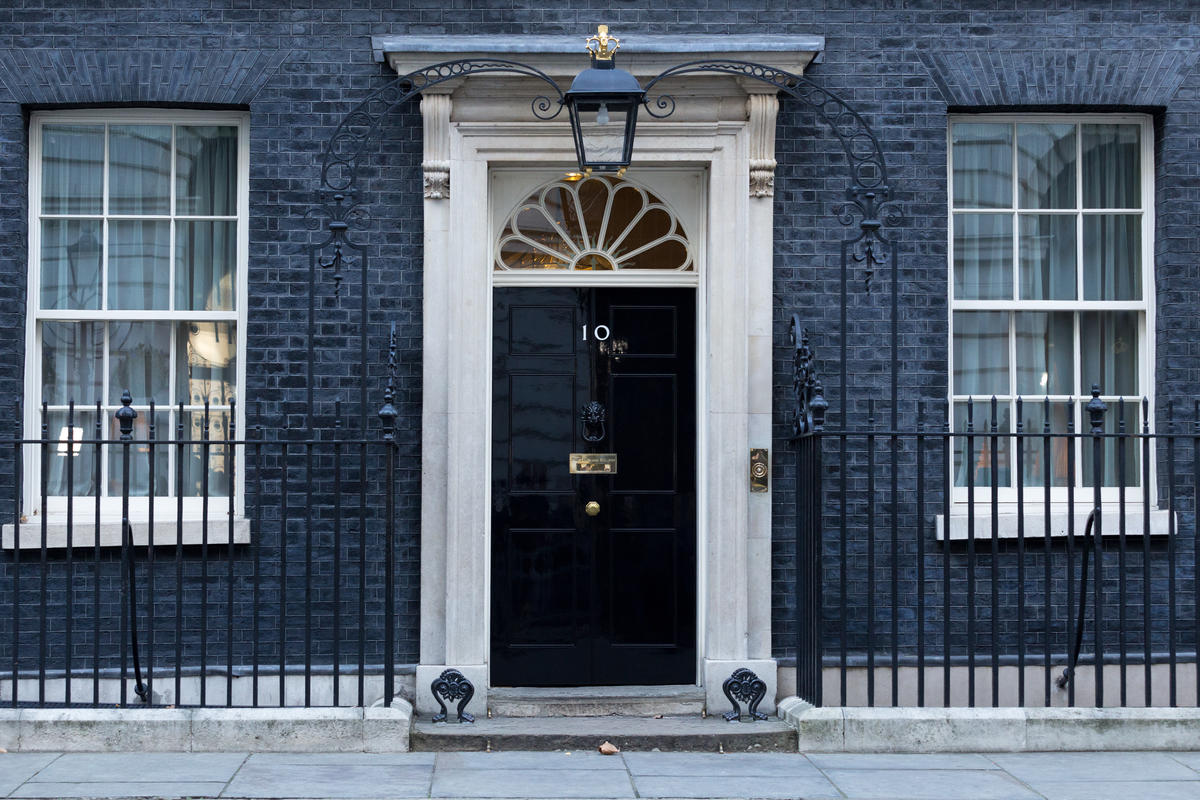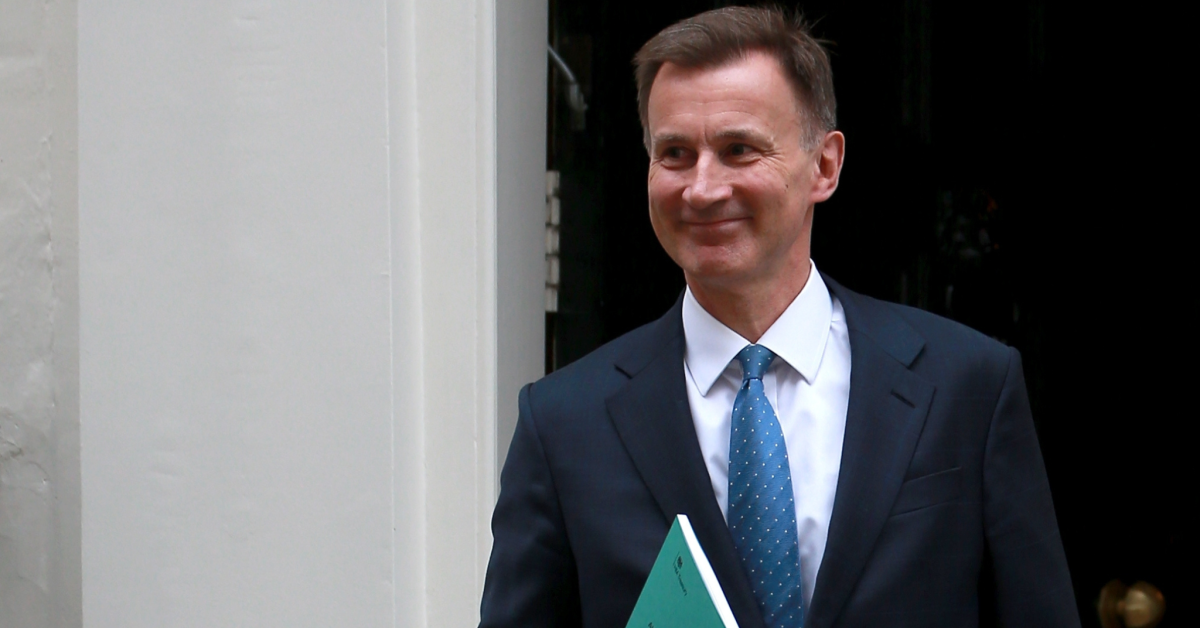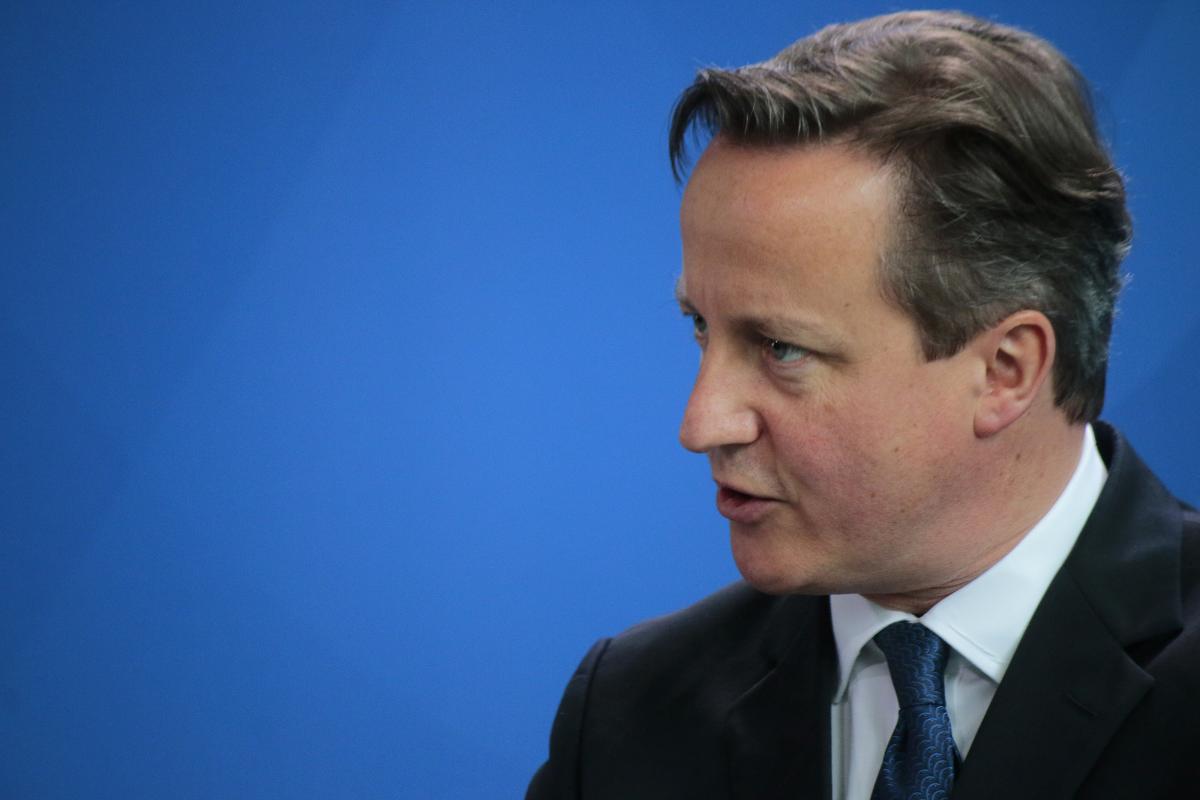What happened
Life moves fast if you’re a Conservative Member of Parliament.
On Tuesday, James Cleverly, the new Home Secretary, was in Kigali signing a new Treaty with Rwanda on managing asylum claims for illegal immigrants to the UK.
On Wednesday afternoon, the government introduced new legislation that would disapply aspects of human rights legislation in the UK to facilitate the Rwanda scheme.
On Wednesday evening, Robert Jenrick, the immigration minister and one of Rishi Sunak’s closest political allies, resigned saying that the legislation wasn’t tough enough. In doing so, he sent the Conservative Party into yet another round of political chaos.
On Thursday morning, Prime Minister Sunak held a tetchy press conference where he described his legislation as the toughest immigration bill ever produced and said votes on it would not be a matter of confidence—enabling MPs to vote against it without bringing down the government or being kicked out of the party. And in what many will see as an attempt to divert attention, he also said that the real issue was the Labour Party’s “lack of a plan” on immigration.
On Thursday evening, the Home Office confirmed that an additional £100 million had been spent on the scheme, bringing the total so far to £240 million.
Five things to think about
Keeping up with the political turmoil is hard enough, but in an ever-changing situation, EGA believes there are five key issues to consider:
1. This is a problem of the PM’s own making.
The UK’s political system has faced two huge external shocks—Covid and the economic consequences of the Ukraine war—that have put it under severe stress in this Parliament.
While those were unforeseeable and unpreventable, this week’s chaos is largely the result of the Prime Minister’s own choices. He chose to appoint Suella Braverman as his Home Secretary to gain the support of the right of his party. He made the unfeasibly hard target of “stopping the boats,” referring to refugees and migrants crossing the English Channel to Britain in small boats, one of his five pledges for 2023. He elevated the Rwanda scheme—his immigration plan to remove illegal immigrants or asylum seekers to have their claims processed in Rwanda—to a totemic policy for his leadership. There were different choices available to him both when he became Prime Minster and now. But they were choices he felt he had to make to become Prime Minister and to maintain the support of his backbench MPs. As a former minister told EGA, “Rishi is a bad politician surrounded by advisers with poor political judgement.”
But the PM’s view and that of his campaign strategists is that a hardline immigration focus is the only route open to the party in the General Election campaign.
2. The state of the Conservative Party is preventing the government from focusing on other matters.
As one backbench MP told us, “We won an 80-seat majority and have absolutely nothing to show for it.”
The UK faces significant, long-term structural problems that require government action and political leadership: official economic forecasts project an extended period of low economic and productivity growth; the country’s health system is under unprecedented stress and failing to deliver timely healthcare for millions of citizens; and high inflation, higher taxes, and rising mortgage rates mean household incomes are under severe pressure.
Immigration is a matter of importance to the voters. But the singular focus on it by Conservative MPs and commentators is creating a political block that prevents the government from applying the limited political focus and bandwidth of the Prime Minister, No.10 team, and the Cabinet to other problems it has identified which also matter hugely to the electorate and to the future economic prosperity of the UK.
3. Is the rule of law under threat?
Yesterday, the Prime Minister said: “Our Parliament is sovereign, and it should be able to make decisions that cannot be undone in our courts.”
In his resignation letter, Robert Jenrick said: “One of the great advantages of our unwritten constitution is the unfettered power of our sovereign Parliament to create law, and that is a power we must take full advantage of.”
These are explicit challenges to the role of courts as checks and balances in a democratic system where the rule of law can be relied upon. The government’s latest legislation is not “emergency legislation” as the Prime Minister describes it—it does not address an immediate national crisis (as was the case when it was used during the pandemic), sustain broad political support, or have a likely route to swift parliamentary passage. And given opposition in the House of Lords, with its review function and ability to delay enactment of bills, it’s unlikely to get Parliamentary approval anytime soon—setting up a fight between the government versus the Lords and courts. The Conservative Party’s approach is a risky gateway to populism in a country that has long thought itself immune at the highest levels of politics and government.
4. Can the Prime Minister govern effectively?
Putting all these points together, the question becomes whether the Prime Minister can govern effectively. His ability to command sufficient support amongst his MPs to pass legislation is now under serious threat.
He has already faced two significant rebellions by his own MPs in Parliament this week—on the contaminated blood scandal and on targets for the introduction of electric vehicles. He now says that votes on the Rwanda Bill will not be “confidence votes,” which means Conservative MPs can vote against it without bringing down his government or being expelled from the party. His legislative program—the King’s Speech—was already thin on detail to minimize the risk of backbench rebellions. There is much speculation that his flagship public health bill to ban smoking will not appear because it does not command enough support within his party.
Commentators speculate that members of the Cabinet are thinking about their role in a leadership election after defeat. When the Prime Minister’s closest political allies resign rather than negotiate internally, it seems obvious that politicians are thinking more about their political futures than on their priorities for government.
One minister told us, “Jenrick’s resignation won’t be the straw that breaks the camel’s back, but we are getting worryingly close.” But other well-placed EGA sources tell us that No.10 is preparing for a confidence vote next week. Ultimately, events could spiral and this could trigger a leadership election and the fourth Conservative Prime Minister in three years.
There is fatalism amongst many Conservative MPs. A former Cabinet minister said to us, “I genuinely feel sorry for the PM. The Party is simply ungovernable.” Could this increasing political pressure within the Conservative Party force the Prime Minister to go for an election much earlier than he had planned? If he is unable to govern in any meaningful way, the chances of an election in the spring or even earlier rise inexorably.
5. What does an election campaign fought on immigration mean for the Labour Party?
The Prime Minister was keen to throw the problem of immigration back to the Labour Party in his press conference. The chaos of the last week is plainly a problem for the Conservative Party and not anyone else. He has so far not been able to arrive at legislation that commands the support of his ministers and MPs, whilst Labour is clear that they will vote against this legislation.
But generally, the Conservatives’ plans couldn’t be more obvious. Immigration will be the defining theme of the Conservative General Election campaign. And Labour knows that immigration really is on the minds of voters who drifted away from Labour in recent elections. They are trying desperately to avoid the political trap of appearing “soft” on immigration whilst opposing government legislation. Yvette Cooper, the Shadow Home Secretary, has said net legal migration is too high. Keir Starmer and Cooper have set out plans for return agreements and a beefed-up border force to deal with illegal migration. Polls currently show voters trust Labour more than Conservatives on the issue. But the sustained, direct attack by the Conservative Party over the coming months is designed to attack this issue that has long been a weakness for Labour.
And another thing…
The ensuing chaos from Jenrick's resignation all began the day former PM Boris Johnson was giving evidence to the UK's Covid inquiry, a review of Britain's response to the pandemic. On any other day his evidence would have led the news, his legacy shredded by his comments at the hearing. But for now, it is the current crisis in the Conservative Party topping all the bulletins.



